Retail CRM Tactics: Elevate 2024 Customer Experiences
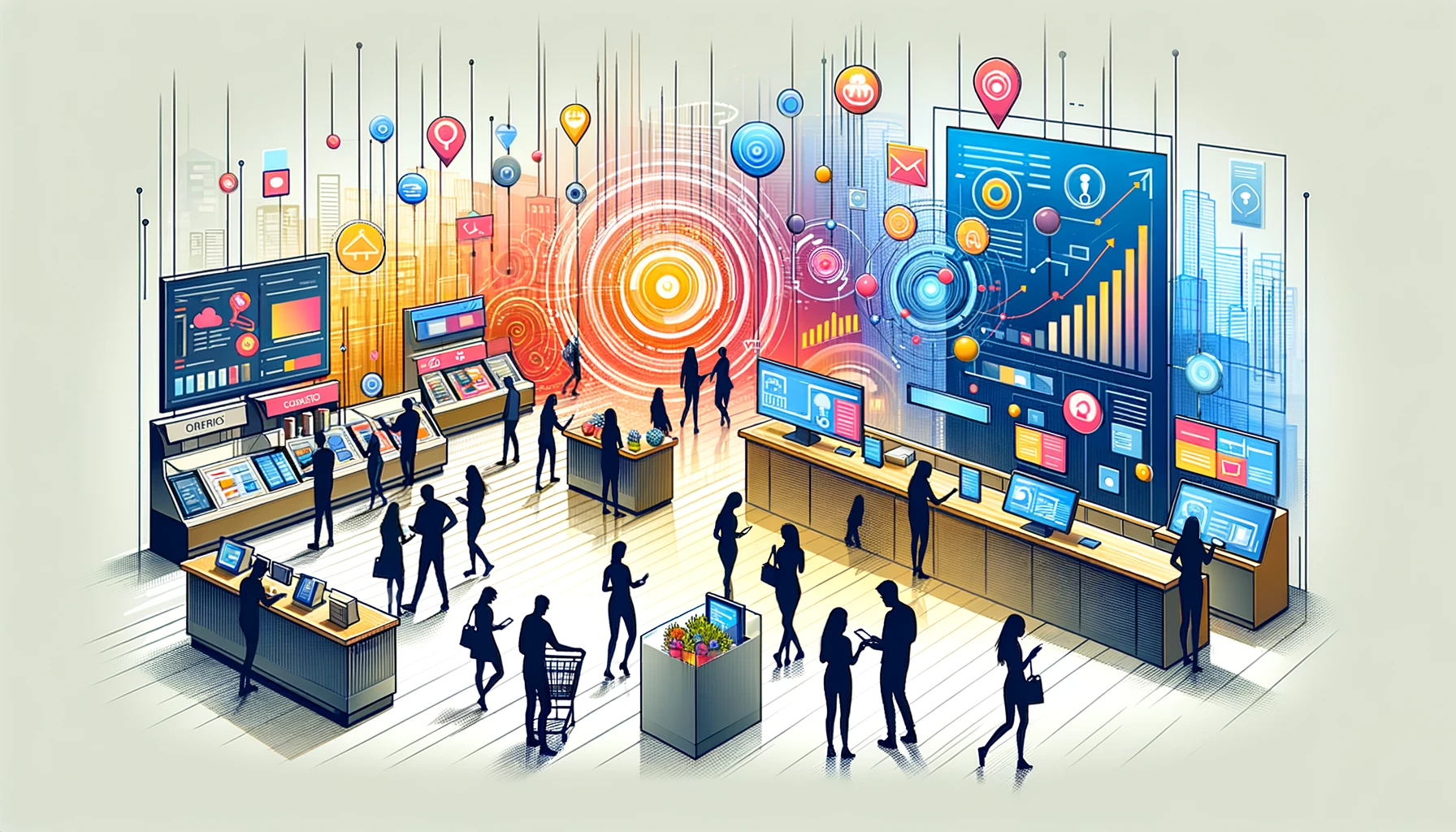
Discover how Retail CRM can transform your customer journey, enhance engagement, and drive sales for your retail business in 2024.
Exploring the Core Benefits of Retail CRM
Retail CRM systems are the powerhouse behind thriving retail businesses. They offer a suite of advantages that can transform customer interactions and streamline operations. By centralizing customer data, these systems empower retailers to deliver personalized experiences that foster loyalty and drive repeat business. With data analytics at your fingertips, you can unveil shopping trends, tailor your inventory, and optimize your marketing efforts for maximum impact.
Enhanced customer service is another hallmark of effective Retail CRM deployment. Quick access to customer histories enables your team to resolve issues swiftly and offer bespoke recommendations, elevating the overall shopping experience. Moreover, the integration with omnichannel strategies ensures a cohesive brand experience, whether your customer shops online or in-store.
Let’s not overlook the efficiency gains. Automating routine tasks frees up your staff to focus on what truly matters—engaging with customers and growing sales. The result? A more productive and profitable retail operation.
To illustrate the transformative power of Retail CRM, here’s a comparative chart of typical retail metrics before and after CRM implementation:
| Metric | Before CRM | After CRM | Improvement |
|---|---|---|---|
| Customer Retention Rate | 55% | 75% | +36.4% |
| Average Transaction Value | $45 | $55 | +22.2% |
| Customer Satisfaction Score | 6.5 | 8.5 | +30.8% |
| Marketing Campaign ROI | 120% | 180% | +50% |

By leveraging Retail CRM, you’re not just investing in software; you’re investing in a scalable solution that grows with your business, ensuring you remain competitive and customer-focused in the dynamic retail landscape.
Unveiling the Secrets to Enhanced Customer Engagement with Retail CRM
Unlocking the potential for deeper customer engagement is at the heart of Retail CRM excellence. These sophisticated systems are not just about managing transactions; they’re about nurturing relationships. By analyzing customer data, Retail CRM tools enable retailers to anticipate needs and deliver customized experiences that resonate on a personal level.
Imagine knowing a customer’s favorite products or shopping patterns. With this insight, you can create compelling offers and recommendations that not only meet but exceed expectations. It’s this kind of proactive engagement that can boost customer loyalty and turn casual shoppers into brand advocates.
Furthermore, Retail CRM facilitates seamless communication across all platforms, ensuring that customers feel heard and valued whenever they reach out. From personalized emails to targeted social media campaigns, every interaction is an opportunity to strengthen the bond with your customer base.
To see the measurable impact of Retail CRM on customer engagement, consider the following data:
| Benefits of Retail CRM | Impact on Customer Engagement |
|---|---|
| Personalized Communication | Increased customer return rate |
| Targeted Promotions | Higher conversion rates |
| Omnichannel Presence | Stronger brand loyalty |
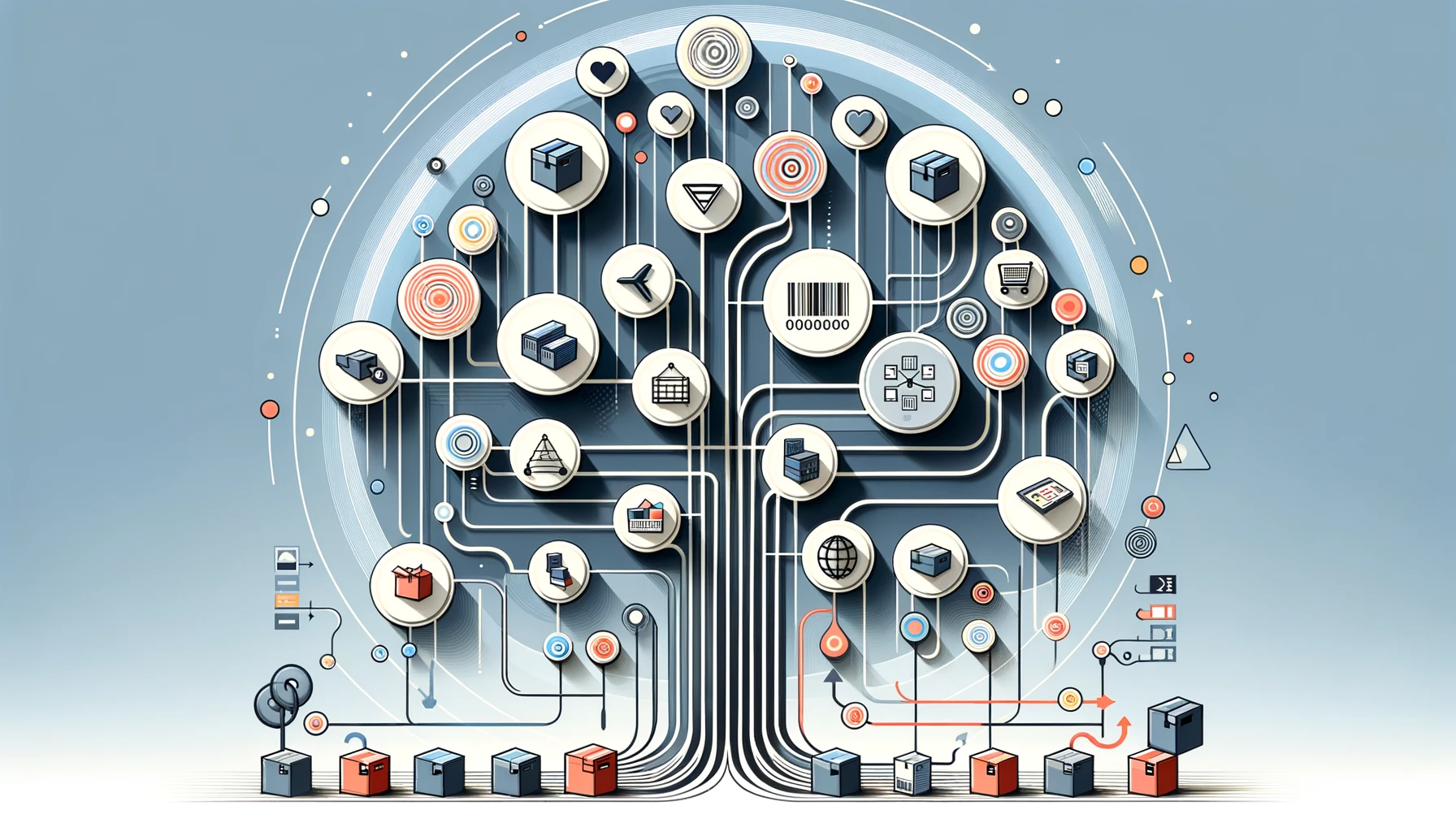
By embracing Retail CRM, retailers can create a dynamic and responsive customer engagement strategy that not only attracts but also retains a dedicated following. This is the future of retail, where every customer feels like the only customer.
How Retail CRM Powers Up Your Inventory Management
Navigating the complexities of inventory management is a breeze with an advanced Retail CRM. These systems are designed to optimize stock levels, reduce overstock, and prevent stockouts, ensuring you have the right products at the right time. By harnessing the power of customer data analytics, retailers can forecast demand more accurately, aligning inventory with consumer trends and seasonal shifts.
Inventory turnover rates improve significantly, as Retail CRM tools provide insights into fast-moving items, allowing for smarter purchasing decisions. This precision in inventory management not only cuts costs but also boosts customer satisfaction, as popular items are readily available, minimizing wait times and lost sales opportunities.
For a visual representation of inventory efficiency gains with Retail CRM, refer to the following:
| Inventory Metric | Before CRM | After CRM | Improvement |
|---|---|---|---|
| Stock Turnover Ratio | 5 times/year | 7 times/year | +40% |
| Overstock Rate | 20% | 10% | -50% |
| Out-of-Stock Rate | 15% | 5% | -66.7% |
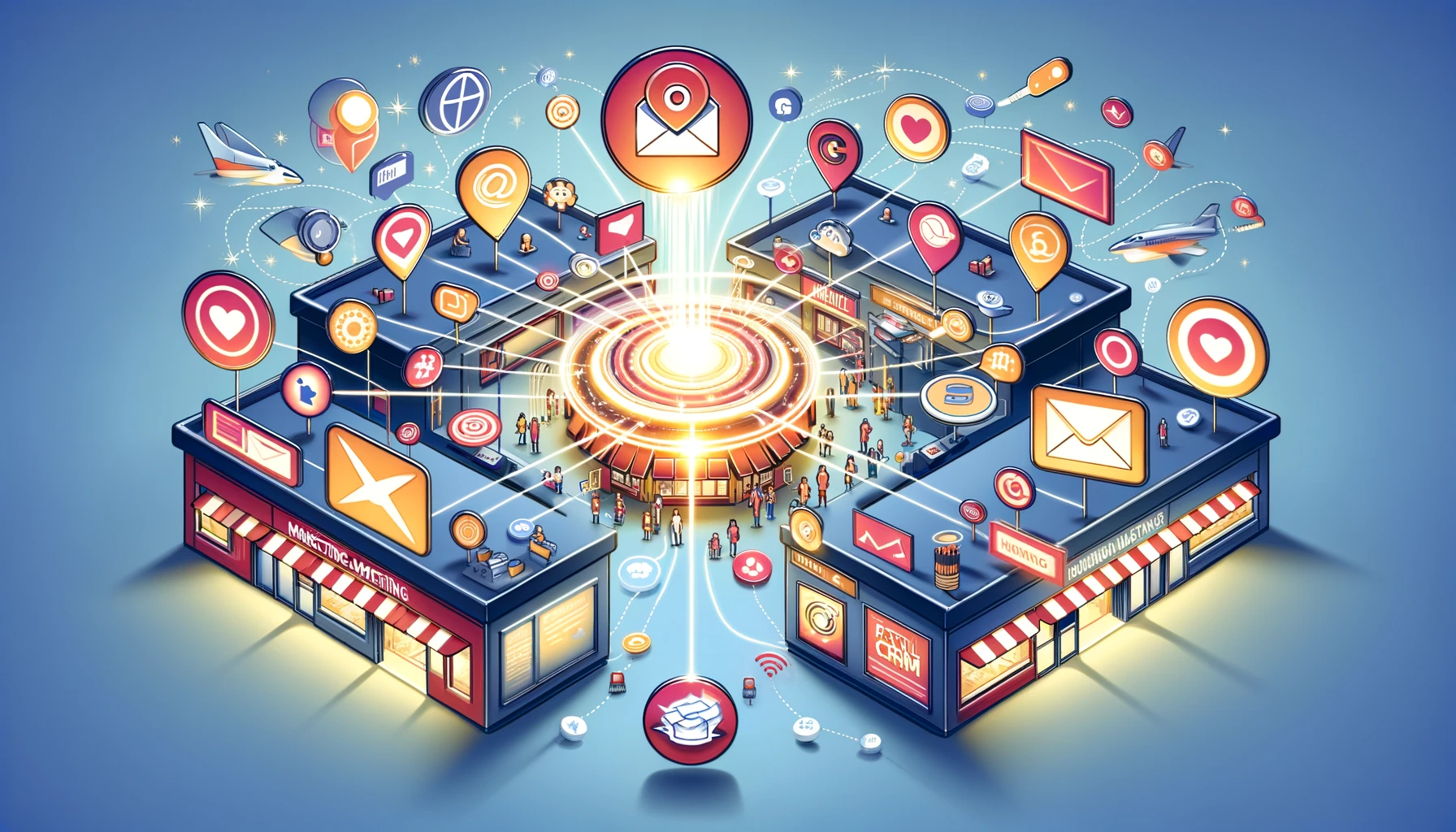
Embrace Retail CRM to elevate your inventory management, align with consumer demand, and maintain a lean, efficient supply chain. It’s a strategic move that promises to keep customers happy and your business competitive.
Maximizing Marketing Impact: The Role of Retail CRM
Retail CRM takes your marketing from good to great, functioning as a catalyst for impactful campaigns. With deep insights into customer preferences and behaviors, Retail CRM tools enable retailers to craft messages that resonate on a personal level, improving engagement and driving conversions.
Segmentation is a game-changer, allowing for hyper-targeted campaigns that speak directly to different customer groups. This precision marketing leads to higher efficiency and an impressive return on investment (ROI). Whether it’s through email, social media, or in-store promotions, Retail CRM ensures that your marketing dollars are well spent, reaching the right people at the right time with the right message.
To quantify the marketing benefits of Retail CRM, consider the enhanced metrics it delivers:
| Marketing Metric | Before CRM | After CRM | Improvement |
|---|---|---|---|
| Campaign Conversion Rate | 3.5% | 5.5% | +57.1% |
| Email Open Rate | 20% | 30% | +50% |
| Customer Acquisition Cost | $120 | $80 | -33.3% |
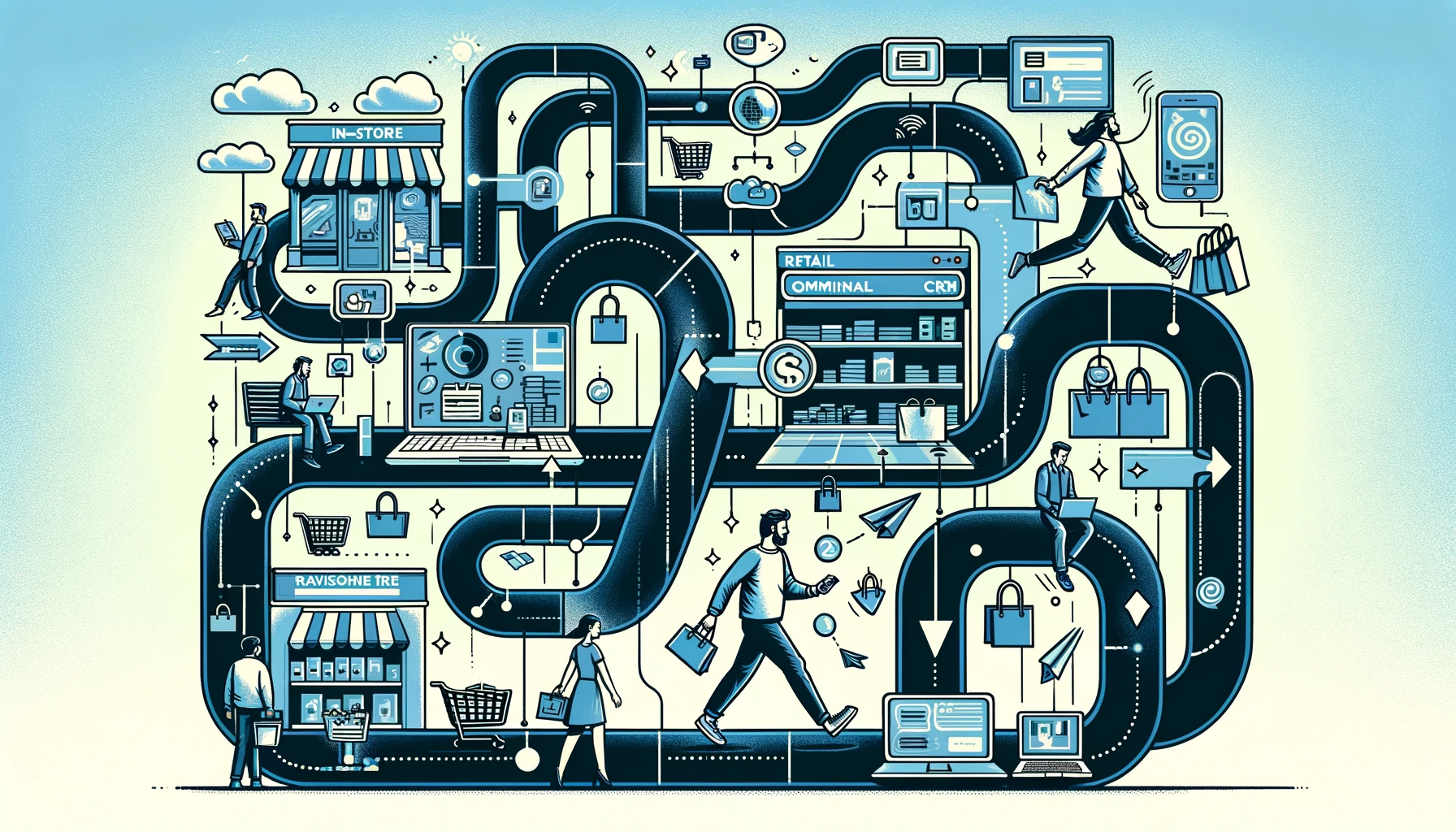
Adopting Retail CRM is not just about managing relationships—it’s about making every marketing effort count. Tailor your approach with Retail CRM and watch your marketing influence soar, translating into tangible business growth.
Navigating Omnichannel Excellence with Retail CRM
Achieving omnichannel excellence is paramount in today’s retail landscape. A robust Retail CRM system is your navigator, seamlessly connecting each customer touchpoint into a unified journey. This integration is vital for retailers who wish to offer a consistent, personalized experience across in-store, online, and mobile platforms.
With Retail CRM, customer interactions are not isolated events but part of a continuum. Every purchase, query, or feedback informs the next, creating a cohesive narrative that enhances brand perception and fosters deep customer loyalty. This interconnected approach not only satisfies the modern shopper’s expectations but also positions your business at the forefront of retail innovation.
Adopt Retail CRM and ensure your brand’s presence is felt across all channels, delivering a shopping experience that is both fluid and memorable. Here’s how Retail CRM shapes omnichannel success:
| Omnichannel Strategy | With Retail CRM | Without Retail CRM | Advantage |
|---|---|---|---|
| Consistency Across Channels | High | Low | Enhanced Brand Image |
| Customer Data Integration | Seamless | Fragmented | Personalized Experiences |
| Engagement Tracking | Comprehensive | Limited | Targeted Interactions |
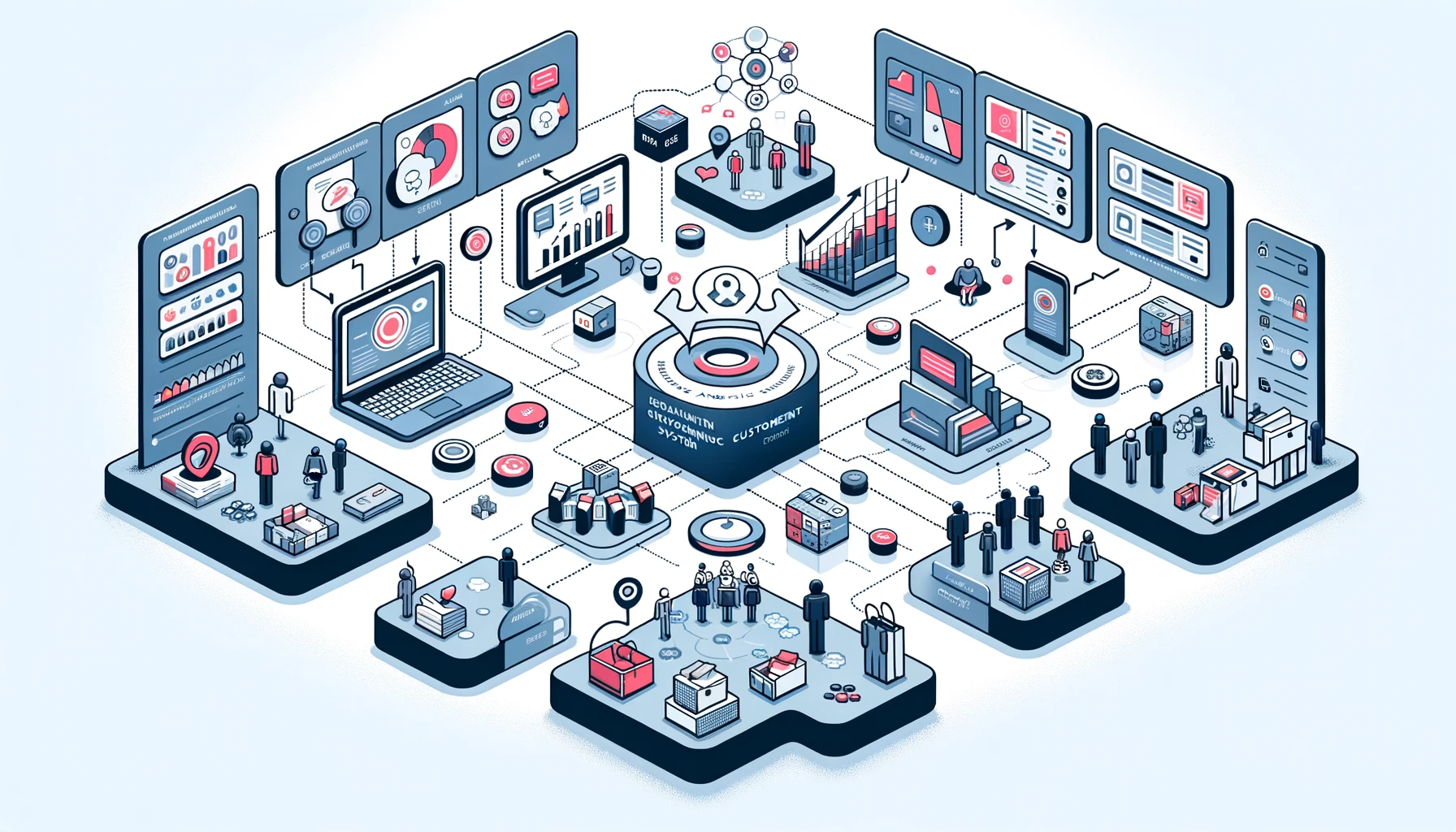
Lean into Retail CRM capabilities to master the omnichannel game, delivering a shopping experience that keeps customers returning, no matter how they choose to engage with your brand.
FAQs
What Is Retail CRM and How Does It Benefit Retail Businesses?
Retail CRM (Customer Relationship Management) is a tailored CRM system designed specifically for the retail industry. It benefits retail businesses by managing customer data, tracking sales interactions, providing insights into shopping behaviors, and enabling personalized marketing. This leads to enhanced customer experiences, increased loyalty, and higher sales.
Can Retail CRM Systems Help with Inventory Management?
Yes, many Retail CRM systems include inventory management features or can be integrated with inventory management tools. They help retailers keep track of stock levels, forecast demand based on customer purchasing patterns, and automate reordering processes to maintain optimal inventory levels.
How Do Retail CRM Systems Improve Customer Service?
Retail CRM systems improve customer service by providing a 360-degree view of the customer. They store detailed customer profiles, including purchase history and preferences, which enables sales associates to offer more personalized service. Additionally, CRM tools can automate customer service processes and facilitate faster response times to inquiries and issues.
Is It Possible to Run Targeted Marketing Campaigns Using Retail CRM?
Absolutely. Retail CRM systems are equipped with tools for segmenting customers based on various criteria such as buying habits, demographics, and past interactions. This allows businesses to create and execute highly targeted marketing campaigns that resonate with specific customer groups, leading to better engagement and conversion rates.
How Does a Retail CRM Support Omnichannel Strategies?
A Retail CRM supports omnichannel strategies by providing a unified platform to manage customer interactions across multiple channels, including in-store, online, mobile, and social media. It ensures a consistent customer experience by synchronizing data and interactions, regardless of where the customer engagement takes place. This seamless integration is crucial for retailers looking to provide a cohesive shopping experience across all touchpoints.
Read more about low-code platform ozma.io
CRM for Beginners: Easy to Start!
CRM for Photographers: More Clients and Efficiency





